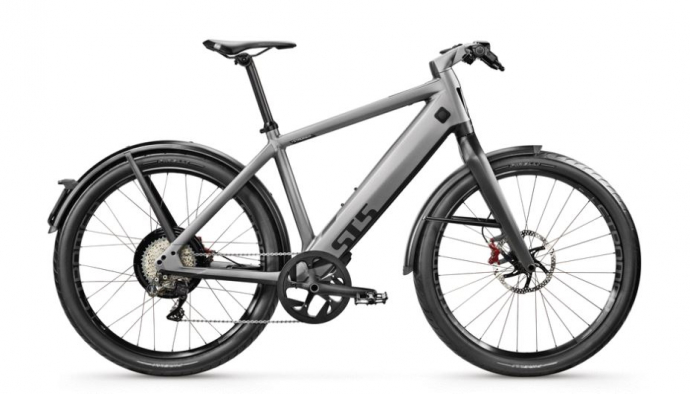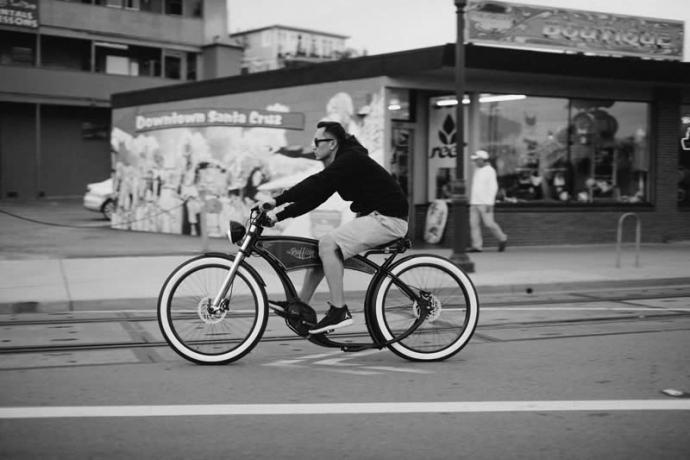
Electric bicycle sales have almost doubled during lockdown according to bike retailer Halfords. Lockdown restrictions last year put the brakes on all but essential travel and there’s no doubt the environment benefitted. For example, as the streets emptied of traffic in London, levels of nitrogen dioxide, sulphur dioxide and particulates fell to their lowest since records began in 2000, according to the London Air Quality Network.
As car use fell, cycling flourished with many first-time riders deciding to invest in an electric bicycle.
Why the electric bicycle makes sense
In the face of road danger, deadly air pollution that kills over 30,000 a year, crippling congestion and an obesity epidemic that costs the NHS over £10bn a year, you might assume the government would jump at the opportunity to promote a safe, clean and healthy mode of transport.
So-called pedelecs may not be as environmentally benign as conventional bicycles, but battery-powered bikes are nevertheless a form of active travel. Not only does the electric bicycle consume far fewer natural resources to build and run, but it occupies less road space, contributes very little towards road danger and creates no tailpipe emissions. Another key advantage is that pedelecs can be recharged from a household electricity supply so no need for the infrastructure that is slowing the uptake of electric cars.
Perhaps the thing about pedelecs that should be most attractive to those in power is their potential to coax people out of their cars. Make no mistake – for all the talk about cleaner cars and ‘sharing the road’ – the only way to deal effectively with air pollution and road danger and to promote liveable neighbourhoods is for there to be far fewer cars on the roads. Electrically assisted bicycles allow novice cyclists to take on journeys of 20 miles or more without difficulty and come in a variety of shapes, sizes and price points. In fact, just like many cars, some pedelecs put style over practicality.

The Ruffian electric bicycle
Given all the merits of the electric bicycle, it seems strange that the £400m+ subsidy for electric cars via the -‘plug-in grant’ has never been extended to include pedelecs. Equally curious is the fact that the government’s cycle to work initiative – the salary sacrifice scheme that allows people to buy a tax-free bicycle via their employer – has not had its cap of £1,000 increased to allow for the higher purchase price of pedelecs.
The ethical choice
The ETA was established in 1990 as an ethical provider of green, reliable travel services. Over 30 years on, we continue to offer cycle insurance , breakdown cover and mobility scooter insurance while putting concern for the environment at the heart of all we do.
The Good Shopping Guide judges us to be the UK’s most ethical provider.

Vincent Edwards
I used to have an electric bike. It was one of the original models – weighed the same as a small motorbike and the battery was as heavy as a car battery. But it was brilliant – even though I live in a hilly area and we get a lot of strong winds, riding to and from work was a very pleasant experience (I’m fortunate enough to live close to a cycle track which covers most of the journey). Sadly it died, and I haven’t yet replaced it.
Electric bikes are expensive and battery replacement is not cheap. I couldn’t get one under the cycle to work scheme because of the £1,000 limit. The government has been prevaricating over subsidies for electric bikes for over a year. Why does it think it necessary to subsidise electric cars? We don’t need any more cars on the roads. Electric cars may not have tailpipe emissions, but they cause just as much traffic congestion as petrol cars.